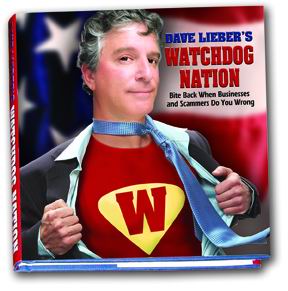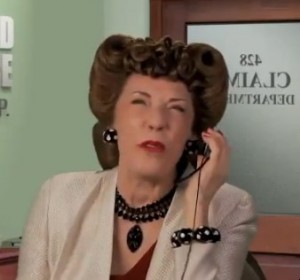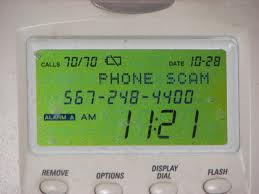Do you get annoyed when violators of the Do Not Call list interrupt you? Even worse, when the illegal caller comes from an extended car warranty company?
Extended car warranties are total rip-offs. Why? The companies often go out of business before you can get your money’s worth. Even worse, car repair shops tell you that whatever problem you have isn’t covered. Sorry, bud.
So how do you handle these illegal callers? Everybody has their own solution. Some hang up. Others scream profanities (Don’t call me you $*$#@!). Still others reply with jibberish.
Here’s how Watchdog Nation founder Dave Lieber handled one illegal caller. Dave Lieber doesn’t have a problem with people trying to earn an honest living. But keep this in mind: the number this crooked company called is on both the national and Texas Do Not Call lists. It’s against the law! But rather than berate them for their criminal business, Dave kills them with abject stupidity. It’s a match made in heaven.
Enjoy this audio. Hope it makes you laugh and inspires you to do your best to make the lives of these illegal callers a holy heck.
– – – – – – – – – – – – – – – – – – – – – – – –
More Watchdog Nation News:
Watchdog Nation Partners with Mike Holmes
America meets Watchdog Nation/Listen to Fun Radio Interview
Watchdog Nation Debuts New e-Book and Multi-CD Audio Book
– – – – – – – – – – – – – – – – – – – – – – – –
Visit Watchdog Nation Headquarters![]()
Like Watchdog Nation on Facebook![]()
Watch Watchdog Nation on YouTube![]()
Are you tired of fighting the bank, the credit card company, the electric company and the phone company? They can be worse than scammers the way they treat customers. A popular book, Dave Lieber’s Watchdog Nation: Bite Back When Businesses and Scammers Do You Wrong, shows you how to fight back — and win! The book is available at WatchdogNation.com as a hardcover, CD audio book, e-book and hey, what else do you need? The author is The Watchdog columnist for The Dallas Morning News. Visit our store. Now revised and expanded, the book won two national book awards for social change. Twitter @DaveLieber











 \
\





